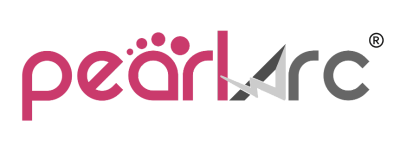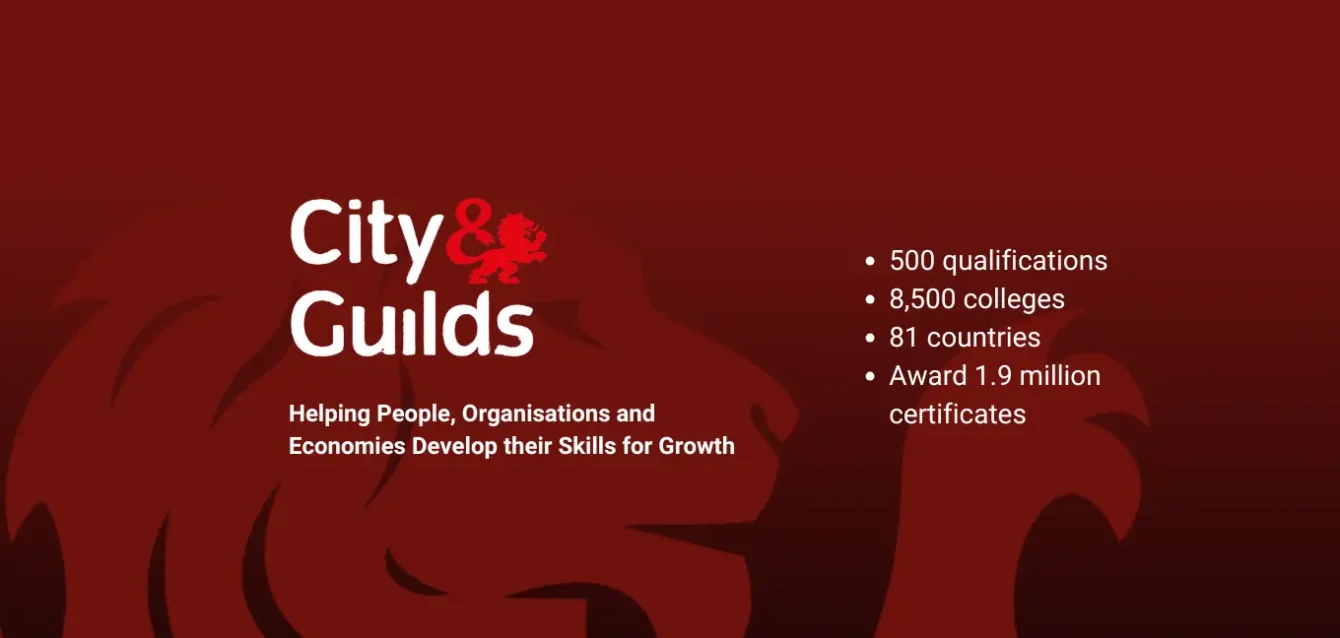The City and Guilds of London Institute, established in 1878, is a globally recognized leader in technical education and skills development. Its mission is to help individuals, organizations, and economies unlock their potential for sustained growth. City & Guilds provides high-quality qualifications and apprenticeships that are valued by employers worldwide.
The Institute offers qualifications across various sectors, including engineering, healthcare, construction, and IT, ensuring that learners gain the practical skills and knowledge required for career success. With a presence in over 80 countries, City & Guilds continues to play a pivotal role in developing the workforce of tomorrow.
The Challenge
City & Guilds faced the growing challenge of modernizing its evaluation and grading processes to keep pace with shifting industry expectations and policy requirements. Historically, assessments were limited to a simple Pass/Fail outcome, and performance reports only provided insights at the unit skill level. As industries became more complex and competitive, both employers and learners required more detailed and nuanced feedback to reflect the full scope of a learner’s abilities.
Market changes, along with evolving policies in education, demanded a more advanced grading system. This system needed to provide accurate and comprehensive performance evaluations across a wider range of skills, enabling the awarding of grades not only at the unit level but also at qualification and higher levels. The goal was to align the grading process with emerging industry standards, improve transparency, and offer learners a clearer path for career advancement while maintaining credibility in the global marketplace.
Solutions
To address the challenges of modernizing the grading and evaluation process, PearlArc provided critical support in the development of a robust Grading Engine system. This system was built to support both current and future product catalogs, ensuring it could handle evolving grading requirements efficiently.
The Grading Engine calculates grades and scores from raw data in a flexible and scalable manner, providing advanced grading capabilities that meet industry standards and policy changes. The system also enhances transparency and provides detailed performance insights across qualification levels.
Leveraging Microsoft technologies, the solution was built with the following key components:
- Microservices Architecture: To ensure scalability and flexibility, allowing for seamless updates and expansion.
- ASP.Net MVC, C#, AngularJS, CSS 3.0, and HTML 5.0: These technologies were used to develop a dynamic and responsive user interface, ensuring a smooth experience for both learners and administrators.
- Entity Framework 6.0 with MS Azure SQL Server Backend: This combination ensures reliable and secure data handling, with a robust database system capable of supporting high transaction volumes.
- Web Service Architecture: This facilitates seamless integration with other systems, ensuring the Grading Engine can scale and adapt to future needs.
The solution provided City & Guilds with an advanced, flexible, and scalable grading system capable of meeting the needs of today’s complex educational environment.
Artificial Intelligence refers to the development of computer systems that can perform tasks that would typically require human intelligence. It involves the creation of algorithms and models that enable machines to learn, reason, perceive.
Adam Peterson
Key Outcomes
PearlArc’s Grading Engine transformed City & Guilds’ evaluation system, delivering a 50% boost in grading efficiency, a 40% increase in reporting accuracy, and enabling alignment with global education standards. These improvements reinforced City & Guilds’ position as a leader in the market, ensuring continued success and adaptability in a competitive educational landscape.
- Enabled Sophisticated grading mechanism
- Delivered a flexible grading system
- Improved data accuracy and reporting capabilities
- Enhanced scalability and adaptability




